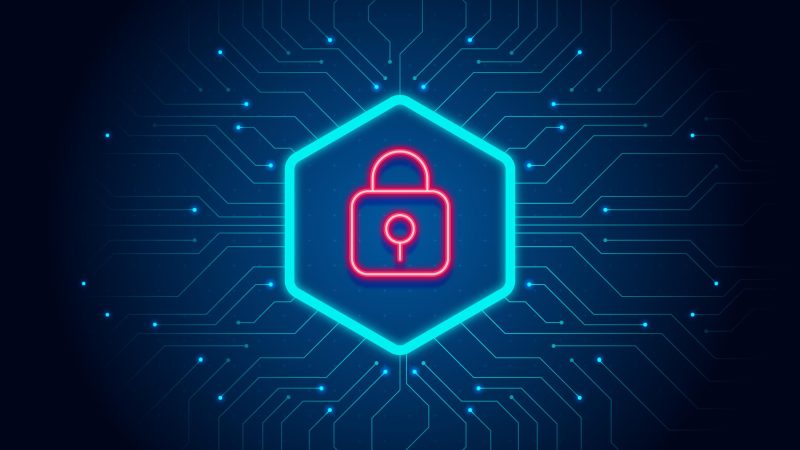Top 5 Data Governance Best Practices You Need To Be Aware Of In 2021

Introduction
Data governance has become a pillar for the business to survive in this fast-moving and highly competitive enterprise environment. Now with the digitization process, companies have found a way to gather internal and external data. They need a seat of rules and regulations to stream like them.
What Is Data Governance?
Data Governance is the collection of processes, roles, discipline, and metrics to ensure that every collected data is being used effectively and efficiently. Data governance establishes a set of rules and regulations that ensure that every data gives you valuable insight.
Well-crafted data governance includes the right use of data catalog software and will explain how your business can benefit from the consistency of collected data. Business drivers use data governance technology to set priority to the business processes and help the organization perform efficiently.
Best Practices Of Data Governance
The challenges of the pandemic have made the organization adjust its focus, looking forward. Millions of workers have switched to remote work trends. And by the looks of its success, this trend is staying for a long period.
2021 is the year where every business is looking for an opportunity to enter the digital market. Hence, it has added more to the creation of big data. To manage this big data, we have only one solution, data governance.
Data governance incorporates the process and streamlines every data to give you meaningful insight. Here are the top data governance practices in 2021.
1. Structured Data For Remote Work
Following the lead of many tech giants and silicon valley, many businesses have adopted remote work post-pandemic. However, to do that effectively, businesses need to update their data storage regularly.
Remote work does have its benefits, but they also increase several risk factors. For instance, the workers working remotely need to have access to the store from where they can collect the necessary information. On the contrary, they need to be confident about the quality of the data.
2. Keep Shadow IT In Your Range
The trend of remote work has increased the influence of shadow IT. This means, with the remote working culture, many employees are using several softwares without having any IT knowledge.
According to McAfee, an average organization uses more than 1000 cloud storage facilities, and out of those, 90% are used under shadow IT. While these practices certainly add value to business productivity, it also widens the security gaps.
3. Concentrated Focus On Cyber Security
While cybersecurity tools still evolve, practices of implementing basic cybersecurity to the business system still apply. For instance, according to Microsoft, Multi-factor Authentication (MFA) helps businesses prevent 99% of automated cyber-attacks.
While we are talking about cybersecurity protection, given below are some of the common cybersecurity practices.
- Mobile device management.
- Network monitoring.
- Regular backups.
4. Data Privacy Framework
Data privacy frameworks have become important for companies using several digital methods to gather and store big data. Data privacy involves documenting the practices and procedures used to handle big data.
Data privacy framework creates a foundation for a robust business system where every data is monitored regularly. This practice has helped the customers trust the companies.
5. Boost Data Literacy
No matter which list of data governance you go, one thing will remain common, data literacy. With the increase of emphasis on data-driven business decisions, employees at all levels of the organization need to be able to digest the information circulated among them.
The organization should come with data literacy to ensure that employees are able to understand the data. If not, the organization should hold programs to inform employees about data literacy to close the gap.
How Data Governance Helps Your Business?
If you can correctly implement data governance in your business, you will be able to revamp your data management system and data security. Incorporating basic data security and framework will help improve data compliance.
Data literacy will also empower the organization to get the best out of the collected data.






